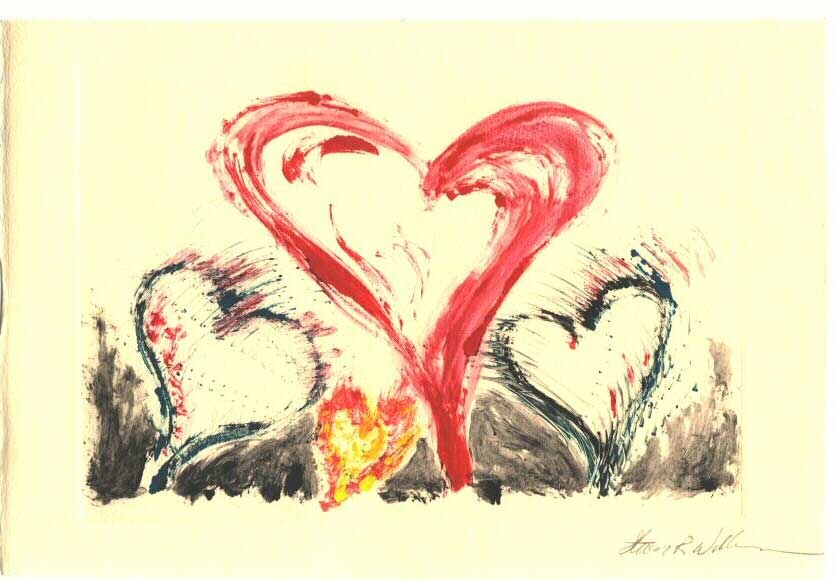 Like millions of other people, I read and enjoyed Dan Brown's The DaVinci Code.
Like millions of other people, I read and enjoyed Dan Brown's The DaVinci Code.Like a significant percentage of those millions, I then bought and read Holy Blood Holy Grail by Michael Baigent, Richard Leigh and Henry Lincoln almost entirely due to the fact that Brown acknowledged it as one of his resources. (Hey, I like to read fiction.)
Holy Blood Holy Grail experienced quite a healthy sales increase in the wake of The DaVinci Code.
So, I was puzzled when I first heard that two of the authors (that's right, just two, not all three) of Holy Blood Holy Grail were suing Dan Brown's publisher (not Dan Brown) for plagiarism.
If you're plagiarizing something, do you reference it repeatedly?
Apparently Britian's Court of Appeals, which today affirmed the lower court's decision rejected the plagiarism claim, wondered about this also.
According to Danica Kirka of the AP,
Lord Justice Bernard Rix said Brown hadn't disguised his use of the work of Baigent and Leigh.
However, in terms of motives for the lawsuit, it was found that the publicity of the trial had significantly boosted sales of Holy Blood Holy Grail.


No comments:
Post a Comment